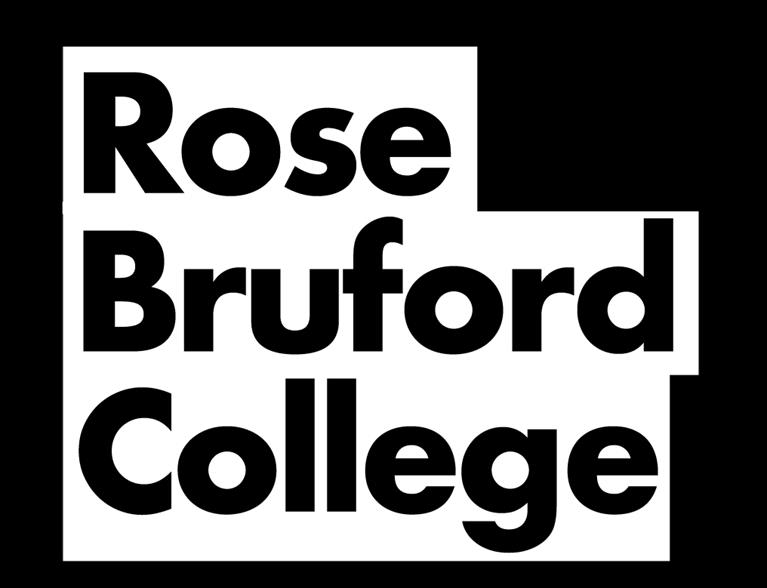Masters degrees in Acting train postgraduates in the art of creating and producing effective performances, conveying naturalistic human feelings and behaviour in invented circumstances.
Masters in Acting programmes are a popular choice for those looking to take their performance skills to the next level. The courses focus on developing the fundamental skills needed to create effective and engaging performances, whether on stage or on screen. Students may learn how to analyse scripts, develop their characters, and work collaboratively with directors, producers, and other actors.
In addition to the technical aspects of acting, Masters in Acting programmes often include training in related fields such as theatre history, stagecraft, and production design. This broad education provides students with a well-rounded understanding of the industry, giving them the tools they need to succeed in a competitive and constantly evolving field.
Taught MA and MFA courses are typical for the field. Entry requirements normally include an appropriate undergraduate degree such as Performing Arts. Sufficient work experience is also an essential requirement in some cases.
Why study a Masters in Acting?
##
Often very intensive in nature, these programmes are designed to train you to become high standard acting professionals, with some courses offering professional accreditation.
Training is provided in a wide range of traditions and performance styles. From the Elizabethan, Jacobean and Victorian periods, to contemporary practises such as work created in modern producing houses.
You will analyse different concepts within performance, such as method acting, classical or natural acting and physical theatre, and incorporate these into your own creative projects.
In particular, you will develop your skills in voice functionality, expressive movement and psycho-physical techniques to present ideas and moods. You will also learn to interpret scripts in relation to their context, and scrutinise the authorial role of different playwrights.
Acting careers may include roles in film, TV, theatre or radio.

 Continue with Facebook
Continue with Facebook











